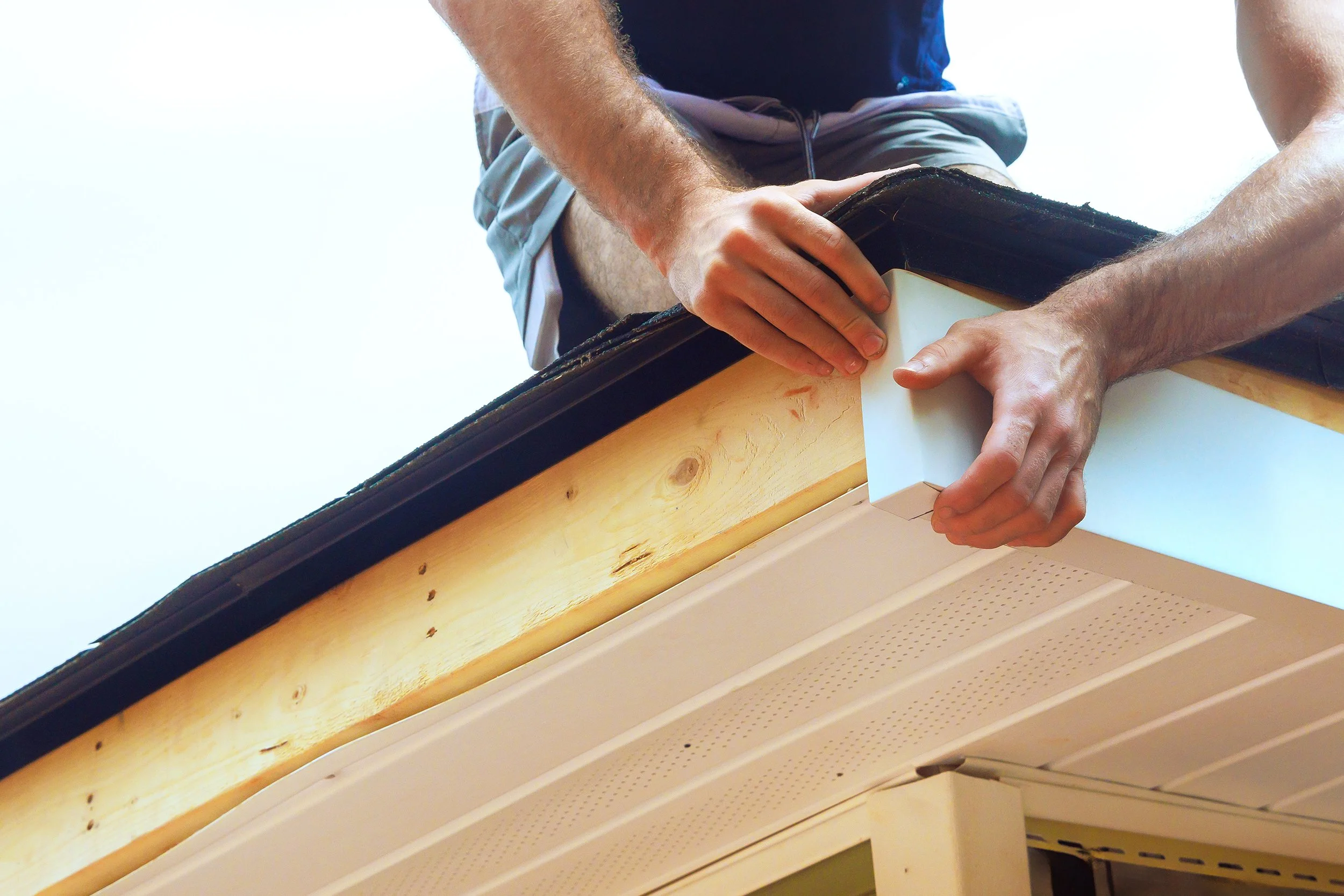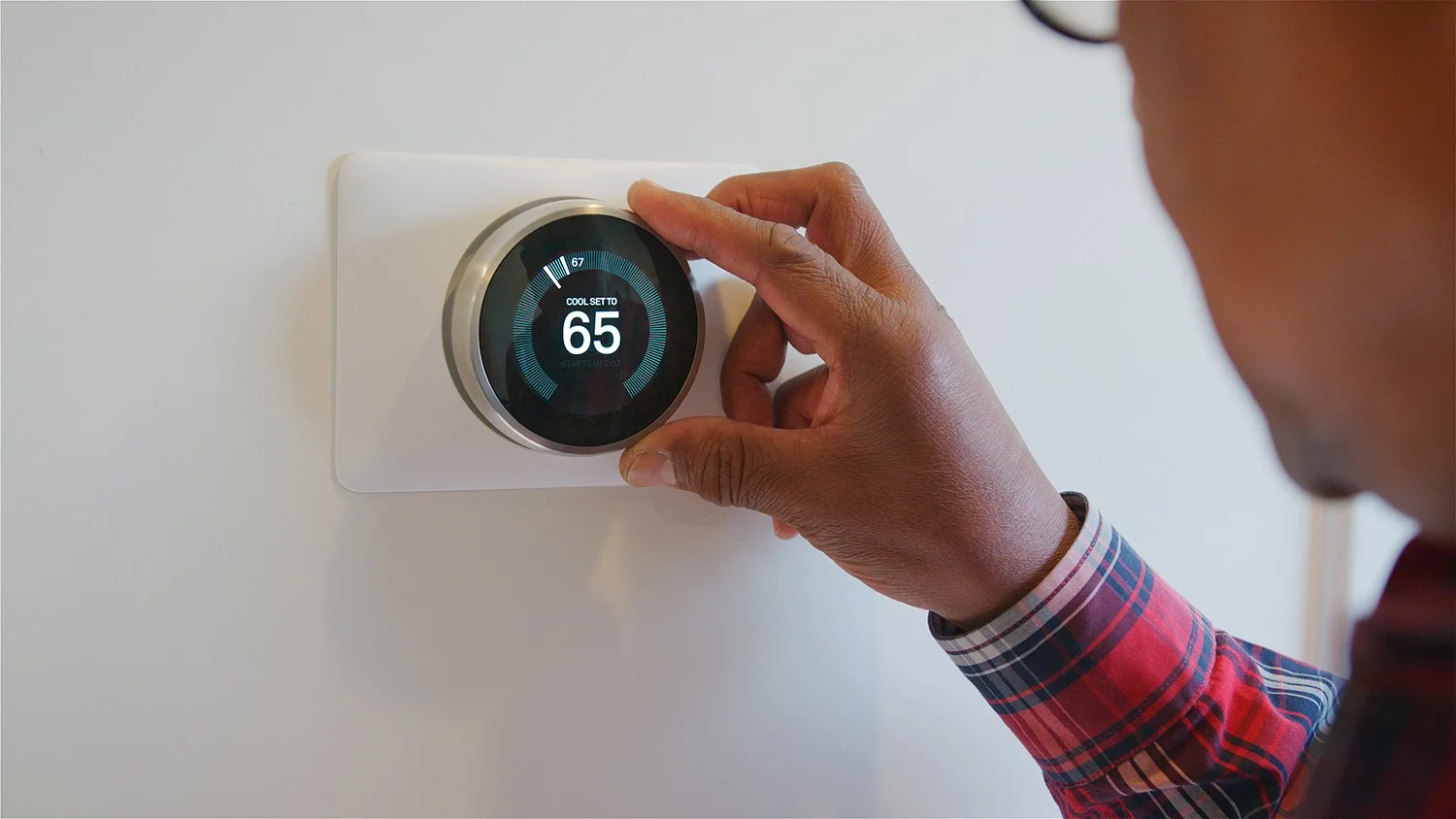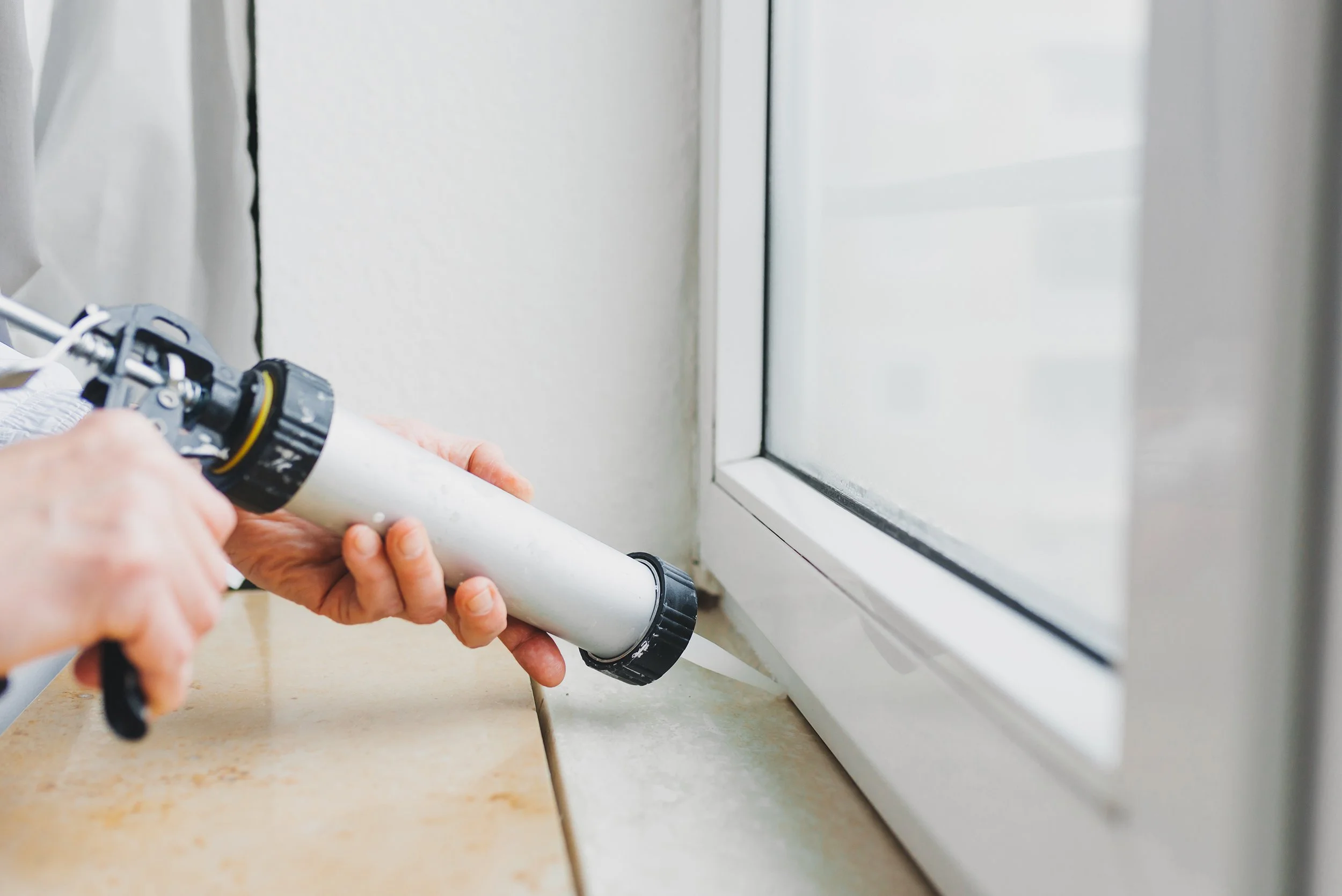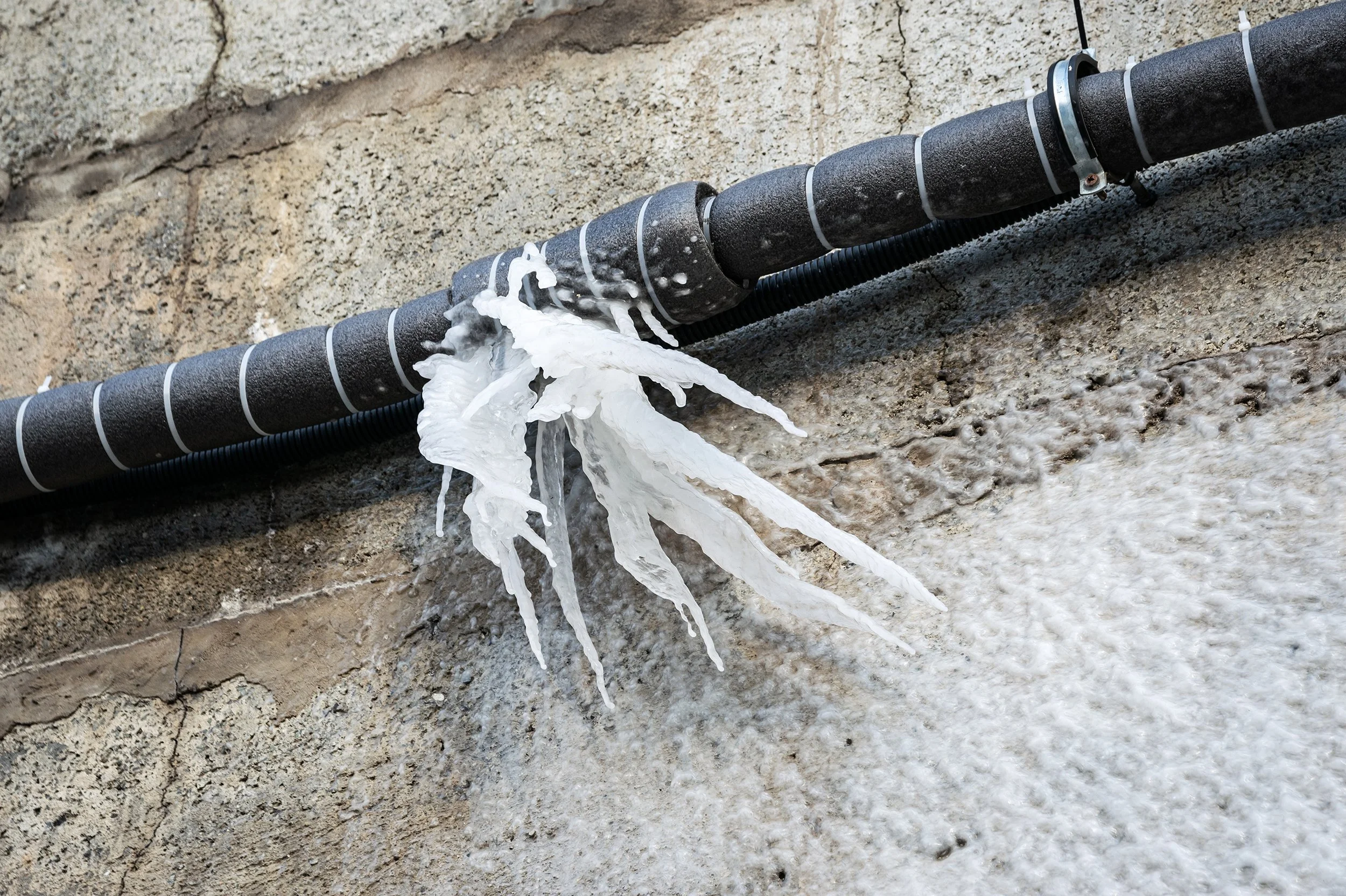Essential Preventative Home Maintenance Checklist: Your Year-Round Guide to Protecting Your Investment

Your home represents your largest investment, and preventive maintenance is the most effective way to protect its value. Most homeowners spend significantly more on emergency repairs than they would on regular maintenance. A comprehensive preventive maintenance strategy helps you avoid costly surprises while ensuring your home operates efficiently year-round.
This ultimate preventive home maintenance checklist provides a structured approach to caring for your home through every season. Regular maintenance preserves your property's value, reduces utility costs, minimizes emergency repairs, and creates a more comfortable living environment for you and your family.
Preventive maintenance isn't about perfection—it's about consistency and attention to detail. When you stay ahead of potential issues, you'll enjoy a home that serves you well while maintaining its value and performance over time.
Spring Maintenance: Preparing Your Home for Active Months
Spring marks the beginning of your home's most active season. After months of winter weather, your property needs attention to address any winter damage and prepare systems for increased use during warmer months.
Exterior Assessment and Repairs
Begin with a comprehensive exterior inspection. Examine siding for damage, check caulk around windows and doors for cracks or gaps, and identify areas where moisture may have penetrated during winter storms. Inspect your roof for missing or damaged shingles, and assess gutters for winter-related damage.
Address driveway and walkway maintenance by filling cracks in concrete or asphalt before they expand. Spring is optimal for pressure washing your home's exterior, deck, and outdoor furniture to remove accumulated winter grime and prepare surfaces for the active season ahead.
HVAC System Preparation
Your heating system has operated extensively throughout winter and requires attention before transitioning to the cooling season. Replace or clean furnace filters, and schedule professional maintenance if annual service hasn't been completed. Test your air conditioning system before warm weather arrives to ensure proper operation.
Clean all vents and registers throughout your home, removing dust and debris that accumulated during winter months when windows remained closed and air circulation was limited.
Plumbing and Water System Maintenance
Gradually restore water service to outdoor spigots and irrigation systems, checking for winter damage to exterior plumbing. Test sprinkler systems if present, and run water through interior fixtures that received limited use during winter to identify any developing issues.
Flush your water heater and verify the temperature setting remains at 120°F for optimal efficiency and safety.
Outdoor Space Preparation
Complete yard cleanup by removing debris, pruning dead branches, and preparing garden beds for the growing season. Inspect and clean outdoor furniture and equipment, addressing repairs before peak usage begins.
Summer Maintenance: Managing Peak Performance Demands
Summer places the highest demands on your home's systems. Increased temperatures, humidity levels, and outdoor activity require proactive maintenance to ensure optimal performance and comfort.
Cooling System Optimization
Your air conditioning system becomes essential during summer months. Change or clean filters monthly during peak season to maintain efficiency and indoor air quality. Keep the outdoor unit clear of vegetation and debris, and consider professional coil cleaning if maintenance hasn't been performed recently.
Optimize thermostat programming to reduce energy consumption during away periods while maintaining comfort when you're home.
Exterior Maintenance Priority
Summer's intense sunlight and weather patterns can stress your home's exterior surfaces. Address paint touch-ups promptly to prevent larger maintenance issues. Inspect decks and patios for safety concerns including loose boards or protruding hardware.
Maintain landscaping appropriately—proper plant care and spacing prevents moisture retention against your home's foundation and siding, which can lead to structural concerns.
Pest Prevention Implementation
Summer conditions attract various pests to residential properties. Seal exterior cracks and gaps, and ensure door and window screens remain in good repair. Maintain clean, dry conditions in basements and crawl spaces where pests often establish themselves.
Regular attention to attic and garage spaces prevents these areas from becoming pathways for unwanted visitors.
Fall Maintenance: Winter Preparation Strategy
Fall maintenance focuses on preparing your home for winter conditions. Proper preparation prevents weather-related damage and ensures your heating systems operate efficiently throughout the cold season.
Heating System Readiness
Schedule professional heating system inspection and maintenance before cold weather begins. Test your system during mild weather to identify any performance issues. Replace filters and confirm all vents and registers are open and unobstructed.
For homes with fireplaces or wood stoves, arrange chimney cleaning and inspection.
Weatherproofing and Energy Efficiency
Inspect your home's exterior for air leaks around windows, doors, and other openings. Apply caulk and weatherstripping where needed to improve energy efficiency and comfort.
Evaluate basement and crawl space insulation and moisture control, as these areas significantly impact whole-home efficiency and comfort levels.
Water Management Systems
Clean gutters and downspouts thoroughly—this represents one of fall's most critical maintenance tasks. Properly functioning gutters prevent ice dams and water damage throughout winter. Verify gutters are securely attached and downspouts direct water away from your foundation.
Consider gutter protection systems if regular cleaning becomes burdensome while understanding they require some ongoing maintenance.
Outdoor System Protection
Disconnect and store garden hoses, shutting off water to outdoor spigots in freeze-prone areas. Properly store or cover outdoor furniture and equipment. Winterize lawn equipment and outdoor grills according to manufacturer specifications.
Winter Maintenance: Interior Focus and Emergency Preparation
Winter maintenance emphasizes monitoring active systems and preparing for potential weather emergencies while your home operates in a more closed environment.
Indoor Air Quality Management
Sealed winter conditions can compromise indoor air quality. Change HVAC filters more frequently, operate exhaust fans during cooking and bathing, and maintain appropriate humidity levels to prevent moisture-related issues.
Ensure ventilation systems including bathroom and kitchen fans operate properly to manage excess moisture that can contribute to mold growth.
Emergency Preparedness Planning
Winter storms can disrupt utilities and transportation. Maintain emergency supplies including flashlights, batteries, first aid supplies, and non-perishable food items. Know the location of your main water shut-off valve and keep basic tools accessible.
Test backup power systems before storm season and maintain adequate fuel supplies stored safely.
System Monitoring and Indoor Projects
Winter provides opportunities for interior maintenance projects. Address loose cabinet hardware, lubricate door hinges, and complete touch-up painting projects that are less convenient during outdoor activity seasons.
Monitor your home's systems for unusual sounds, odors, or performance changes that could indicate developing problems better addressed before they become emergencies.
Colorado-Specific Maintenance Considerations
Living in Colorado presents unique maintenance challenges that require special attention throughout the year. The state's high altitude, intense UV exposure, dramatic temperature fluctuations, and diverse weather patterns affect your home differently than properties at sea level.
High Altitude Impact on Home Systems
Colorado's elevation affects HVAC efficiency and performance. Systems work harder in thinner air, requiring more frequent filter changes and professional tune-ups. Budget $300-500 annually for comprehensive HVAC maintenance in Colorado's challenging conditions.
The intense UV radiation at altitude breaks down exterior materials faster than at lower elevations. Plan for more frequent exterior paint touch-ups and consider UV-resistant materials for outdoor projects.
Front Range Weather Patterns
Colorado's rapid weather changes can stress home systems significantly. Temperature swings of 40+ degrees in a single day are common, making weatherproofing and insulation crucial investments.
Hail represents a constant threat during spring and summer months. Schedule annual roof inspections and maintain comprehensive documentation for insurance purposes. Many Boulder area homeowners budget $200-400 annually for weather-related exterior maintenance.
Seasonal Timing Adjustments
Spring arrives unpredictably in Colorado, often extending into May. Delay outdoor maintenance until consistent temperatures arrive to avoid frost damage to newly completed work.
Fall preparation becomes critical by September, as early snowstorms can arrive without warning. Complete all exterior winterization tasks by mid-October to ensure your home is protected.
Altitude-Specific Safety Considerations
Monitor your home's ventilation systems carefully—proper air circulation becomes more important at altitude. Carbon monoxide buildup occurs more readily in thinner air, making detector maintenance critical for safety.
Red Flags: When to Call Professionals Immediately
Certain maintenance issues require immediate professional attention to prevent safety hazards or extensive property damage. Recognizing these warning signs protects your family and your investment.
Safety-Critical Issues
Gas odors anywhere in your home require immediate evacuation and professional gas company response. Never attempt to locate gas leaks yourself or use electrical switches if gas is suspected.
Electrical problems including sparking outlets, burning smells, or frequent circuit breaker trips indicate potentially dangerous conditions requiring immediate electrician attention.
Water leaks near electrical panels, major structural settling, or foundation cracks wider than 1/4 inch need professional assessment to prevent catastrophic damage.
System Failure Indicators
HVAC systems making unusual grinding, squealing, or banging noises often indicate component failure that can damage expensive equipment if not addressed quickly. Budget $500-1,500 for emergency HVAC repairs.
Plumbing systems showing signs of sewer backup, water pressure loss throughout the house, or discolored water require immediate professional diagnosis.
When Professional Coordination Becomes Essential
Multiple system issues occurring simultaneously often indicate larger problems requiring professional project management to address safely and efficiently. Complex maintenance scenarios benefit from experienced coordination to prevent costly mistakes and ensure proper completion.
Monthly and Annual Maintenance Requirements
Certain maintenance tasks don't align with seasonal schedules but remain essential for home safety and performance.
Monthly Essential Tasks
Test smoke and carbon monoxide detectors monthly to ensure proper operation.
Clean garbage disposals and run water through rarely used fixtures to maintain proper drain function and prevent sewer gas infiltration.
Conduct monthly walk-throughs to identify minor issues before they develop into costly repairs. Address loose handrails, sticky doors, small leaks, and other maintenance items while they remain manageable.
Annual Professional Services
Schedule annual professional inspections for HVAC systems, water heaters, and gas appliances regardless of your DIY capabilities. These systems require specialized knowledge and tools for proper maintenance and safety verification. Budget $200-400 annually for professional HVAC service and $150-250 for water heater maintenance.
Consider electrical panel inspections every few years, particularly for older homes or properties with significant electrical additions. Qualified electricians can identify safety concerns before they become hazardous.
Documentation and Record Management
Maintain detailed records of all maintenance activities and repairs. This documentation supports warranty claims, insurance requirements, and adds value when selling your property. Photograph completed work and retain receipts for materials and professional services.
Establish a maintenance tracking system using digital calendars or smartphone applications to monitor completion dates and schedule future requirements.
Feeling overwhelmed by coordinating multiple service providers and tracking various maintenance schedules? Many Boulder homeowners find that professional home management services like WillowHome eliminate the stress while ensuring nothing gets overlooked.
Why Boulder Homeowners Trust Willow for Preventive Maintenance
Creating Your Personalized Maintenance Approach
Effective home maintenance requires a system tailored to your specific property, lifestyle, and preferences. Not every home needs identical maintenance, and not every homeowner has the same skills, time availability, or interest in hands-on projects.
Customization Based on Property and Lifestyle
New construction homes have different requirements than older properties, and busy professionals approach maintenance differently than homeowners with more flexible schedules. Prioritize safety-related tasks first, then focus on items that protect your investment and enhance daily comfort.
Honestly assess your skills and available time. Professional services for tasks beyond your comfort zone or time constraints often prove more cost-effective than attempting complex projects without proper expertise.
Professional Support and Technology Integration
Technology tools can help track maintenance schedules, set reminders, and connect you with qualified service providers when needed. Many homeowners find value in working with professional home management services that handle the complexity of coordinating multiple systems and service providers.
This approach particularly benefits homeowners who work with home concierge services like WillowHome, where a dedicated single point of contact manages your customized home care plan through an organized dashboard. Professional coordination includes project management, proactive maintenance services, and home check-ins when you're away—especially valuable for Boulder residents who travel frequently for business or recreation. The convenience of easy access to reliable service providers combined with one consolidated monthly invoice simplifies home management significantly.
The objective isn't becoming a maintenance expert yourself—it's ensuring your home receives proper care in a way that aligns with your lifestyle and priorities while giving you time back for what matters most to you.
Ready to take back your weekends? Discover how Willow’s home concierge approach to home management can protect your investment while freeing up your time for the activities you actually enjoy.
Frequently Asked Questions
How often should HVAC filters be changed?
Filter replacement frequency depends on your system type, household conditions, and filter specifications. Generally, change filters every 1-3 months during heavy usage periods. Homes with pets, smokers, or allergy sufferers may require more frequent replacement.
What maintenance task causes the most preventable damage when neglected?
Gutter cleaning and maintenance. While not immediately visible, neglected gutters cause extensive preventable damage including foundation issues, roof damage, and interior water problems.
Should homeowners handle maintenance personally or hire professionals?
Safety considerations should guide this decision. Electrical, gas, and structural work requires qualified professionals. For other tasks, consider your skill level, available time, and the potential cost of errors.
What should homeowners budget annually for maintenance?
Plan to invest 1-2% of your home's value in annual maintenance, though this varies based on property age, size, and condition. Newer homes typically require less investment, while older properties often need more attention.
Which maintenance tasks most significantly impact property value?
Exterior maintenance including paint, roofing, and gutters, along with HVAC and plumbing system care, provide the greatest impact on preserving property value and preventing expensive repairs.
How can homeowners determine when tasks exceed their capabilities?
If a task involves safety risks you're uncomfortable managing, requires specialized tools you don't own, or has consequences that would be expensive to correct if performed incorrectly, professional service is recommended.
Get Started with Home Management
At Willow, we take a proactive approach to home care, ensuring your home remains in pristine condition year-round. From routine maintenance and seasonal upkeep to coordinating trusted vendors for repairs and upgrades, we handle it all with a high-touch, concierge-style experience tailored to your needs.
Let us take home management off your plate. Contact Willow today to learn how our services can help you protect, maintain, and enhance your home with ease.
Willow is a luxury home concierge service based in Boulder, Colorado. We care about your home and giving you back your time to do the things you care about most.
How it Works






